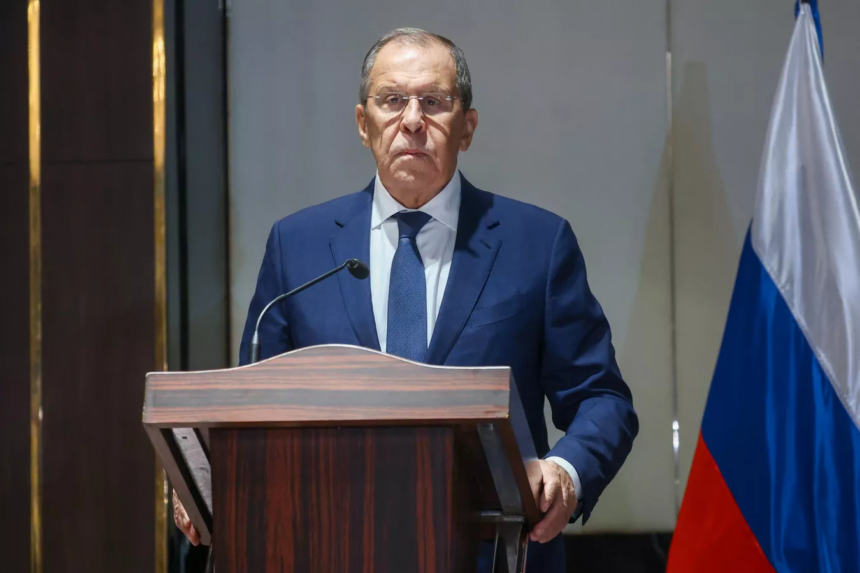RASC News Agency: Sergey Lavrov, Russia’s Foreign Minister, has expressed grave concerns over the continued presence of terrorist groups in Afghanistan during the sixth Moscow Format meeting. He stressed that these groups are conducting cross-border attacks from Afghanistan soil, posing a threat to regional security. Lavrov remarked: “Various terrorist elements remain active within Afghanistan, carrying out attacks on neighboring nations. This is deeply troubling. However, addressing this issue requires a coordinated regional effort.”
Lavrov further emphasized the significance of engaging in dialogue with the Taliban and called on Western countries to unfreeze Afghanistan’s financial assets. He elaborated, “Pragmatic and sustained dialogue between Moscow and Kabul is essential. We believe that maintaining constructive relations with Afghanistan’s current leadership is vital for ensuring security, promoting economic development, and achieving national unity in the country.”
In response, Taliban Foreign Minister Amir Khan Muttaqi denied the presence of terrorist groups in Afghanistan. Without mentioning specific countries, he argued that ISIS attacks within Afghanistan are orchestrated externally and that the militant group has established training centers abroad. Muttaqi explained, “In the past three years, the majority of attacks attributed to ISIS in Afghanistan have been carried out by foreign nationals who entered the country from outside. We call on all regional nations to assist in preventing their citizens from being recruited by ISIS and sent to Afghanistan or other countries to engage in destructive activities.”
The sixth Moscow Format meeting, held in Russia, saw participation from representatives of Russia, India, China, Iran, Pakistan, Uzbekistan, Kazakhstan, Tajikistan, Turkmenistan, and a delegation from the Taliban. Key participants included Hassan Kazemi Qomi, Iran’s Special Envoy for Afghanistan; Pakistan’s Deputy Foreign Minister; and a representative from China’s Ministry of Foreign Affairs.
Previously, both Iran and Uzbekistan hosted regional discussions on Afghanistan, under the banners of the Regional Contact Group and the Moscow Format. However, Afghanistani citizens and political analysts have expressed doubts regarding the effectiveness of these meetings. Political commentator Wais Naseri observed, “The Moscow Format meetings focused on Afghanistan have not brought about any meaningful improvements in the country’s situation. These gatherings have primarily served the interests of regional powers and the Taliban.” A Kabul resident, who preferred to remain anonymous, added, “Our hope from the Moscow Format meetings is that they apply meaningful pressure on the Taliban to respect the will of the Afghanistani people and end their violations of human rights.”
Despite over three years having passed since the Taliban’s return to power, no nation, including Russia, Iran, or China who appear to have cultivated closer ties with the regime has formally recognized their government. Furthermore, the global community, including the United Nations, the European Union, and various human rights organizations, has consistently criticized the Taliban’s policies, particularly concerning their treatment of women and girls, and continues to call for the establishment of an inclusive government in Afghanistan a call that has largely gone unheeded by the Taliban.






